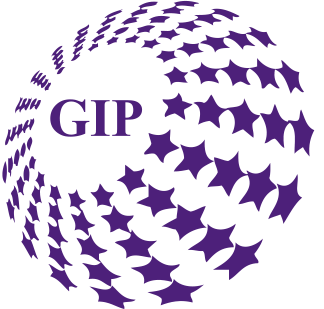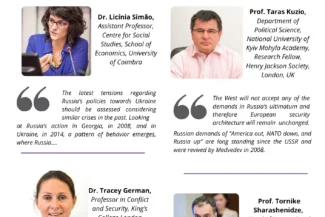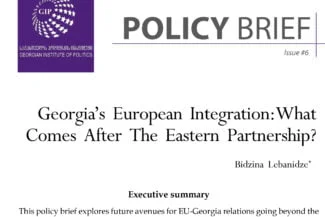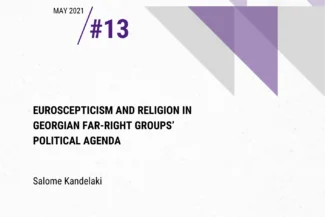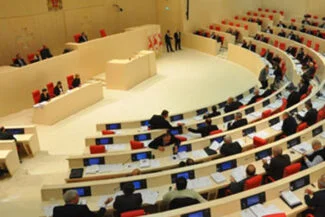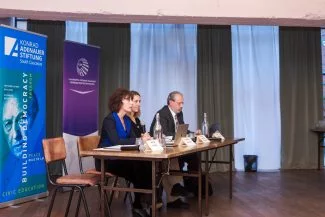06-02-2017
Dean, School of International Relations, Institute of Social Sciences; Associate Professor, Department of International Relations;
Leading Research Fellow, Center for International Studies, Odesa Mechnikov National University, Ukraine.
The annexation of Crimea in 2014 and the still-ongoing hybrid war in the Donbas are quintessential aspects of post-imperial history in the former Soviet space. At the core, these are issues of Russia’s imperial ambitions, which have been expressed openly during military incursions against Georgia and Ukraine. At the same time, Russian aggression in the post-Soviet space is based on post-Soviet political norms, where the case of Ukraine in 2008 is instructive. There, no exaggeration is required to state that Ukraine’s so-called “political elites” manipulated the Five-Day War—fought between Russia and Georgia in 2008—to further their own parochial interests in jockeying for influence over the state. Starting on Aug. 8, 2008, martial rhetoric entered the lexicon of Ukrainian politicians, who began to use the terminology of war within and around the country’s triangle of political elites: Viktor Yushchenko, Yulia Timoshenko, and Viktor Yanukovych.



